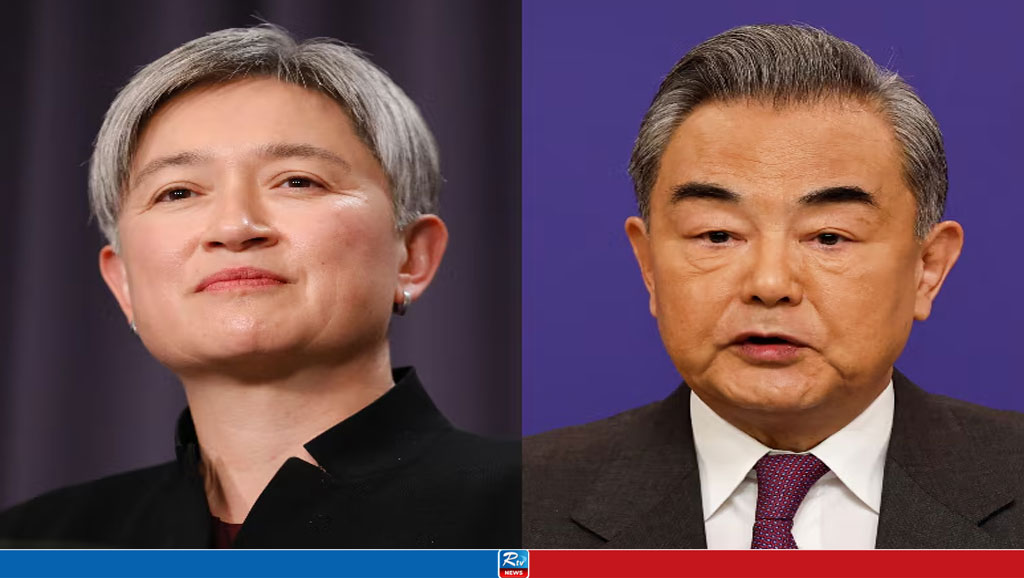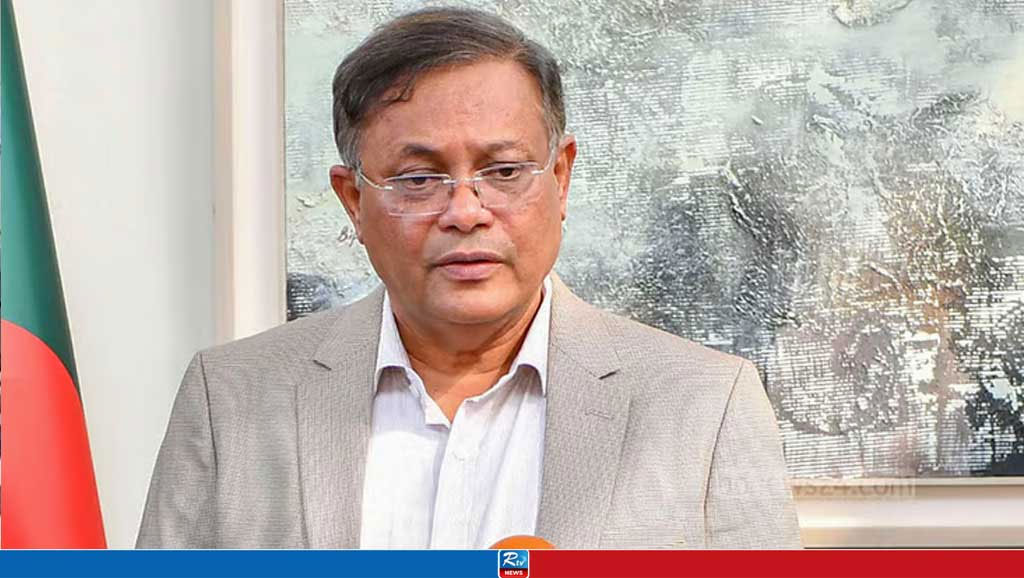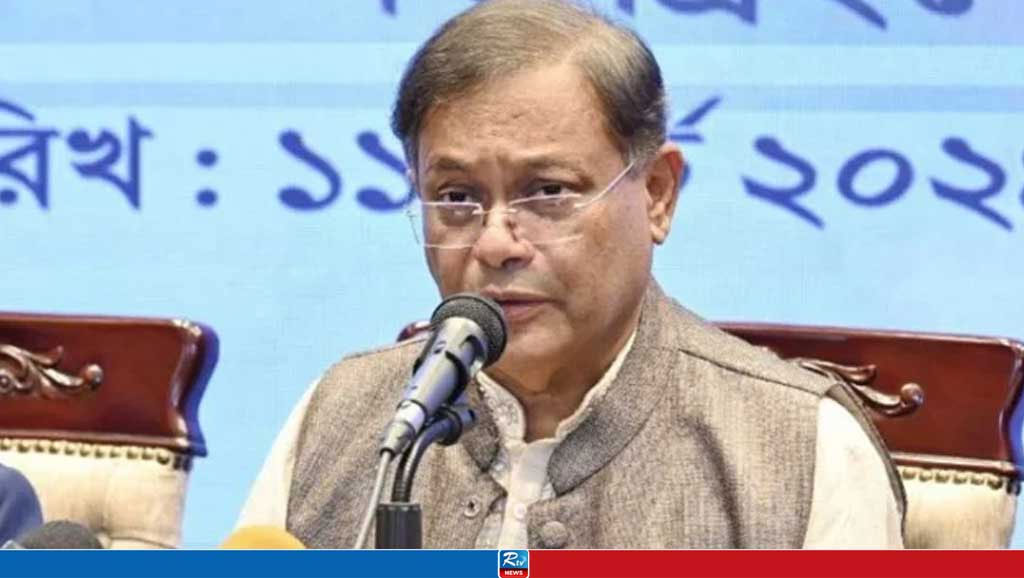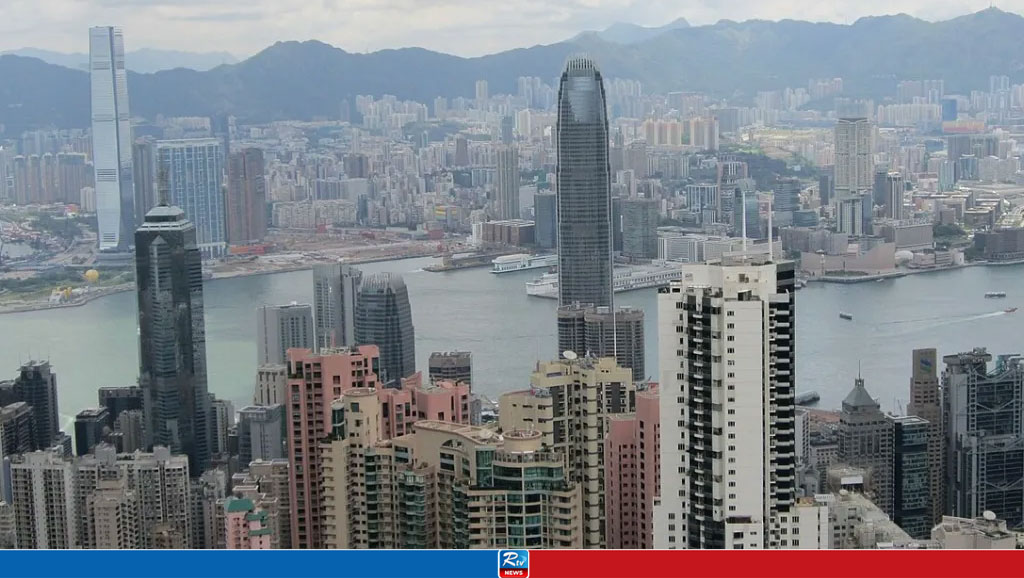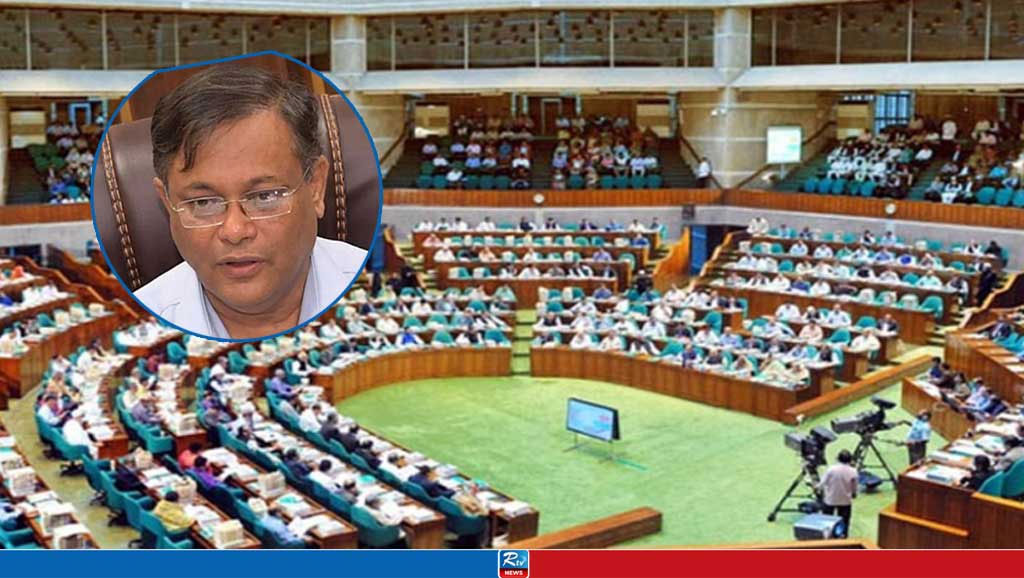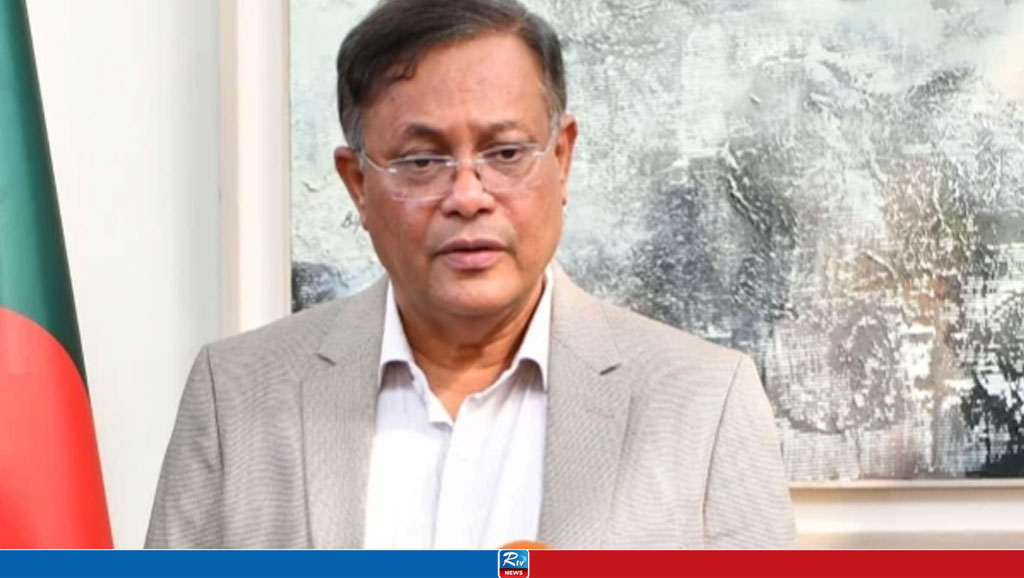New security law worries foreign firms in Hong Kong
Some foreign companies say they may have to pay extra operational costs to comply with the new National Security Law.
Several foreign chambers of commerce raised concerns about the legislation of a new national security law in Hong Kong by the time a one-month public consultation period ended Wednesday.
The Hong Kong government on Thursday said it had received a total of 13,147 submissions on its plans to enact national security legislation under Article 23 of the Basic Law. It said 98.6% of submissions showed support and made positive comments.
A Security Bureau spokesperson said 93 submissions, or 0.71%, came out against the proposals, including more than 10 from overseas anti-People’s Republic of China organizations or abscondees.
Secretary for Justice Paul Lam said the government will consolidate the results of the consultation exercise at full steam, report to lawmakers and seek to finalize the legislation bill as soon as possible.
Chambers of commerce representing German, European and Japanese companies in Hong Kong have separately commented on the matter, saying that the new law may hurt investors’ sentiment in the city.
The new definition of state secrets may increase the perception that the “one country” aspect of Hong Kong’s special status is more in focus than the “two systems,” Johannes Hack, the president of the German Chamber of Commerce in Hong Kong, told the Associated Press in an email interview.
“For Hong Kong to present a distinctive business advantage vis-a-vis the mainland, the two systems part is however quite important,” he said. “Hong Kong in our view should be different ‘in fact and feeling.’”
He said additional costs to comply with the “quite broad definition” of state secrets may cause foreign investors to move elsewhere.
A spokesperson of the European Chamber of Commerce in Hong Kong told Nikkei Asia in a statement that it will pay “particular attention to issues potentially concerning the core values that make Hong Kong an attractive place in which to do business.”
The spokesperson said Hong Kong’s core values refer to “strong protection for fundamental rights, the rule of law, an independent judiciary and a free flow of information.”
In early February, the Japan External Trade Organization (JETRO) published a survey, which was conducted in January before the Hong Kong government started a public consultation on the security law legislation.
About one-third of the respondents said that Hong Kong’s overall business climate has either “worsened” or “worsened significantly” from a year ago, the survey showed. The ratio increased by more than 20 percentage points compared with the previous survey published last July.
Shinya Amano, director general of JETRO Hong Kong, said on February 2 that recent political developments were creating “a vague sense of wariness” that was having a chill effect on businesses.
He said some companies were worried by the low voter turnout rate in the District Council elections last December as Beijing screened all candidates. He said they were concerned by trials related to the National Security Law imposed by Beijing in Hong Kong in June 2020 as offenders could be jailed for life.
Last December, Hong Kong activist Agnes Chow announced that she had fled to Canada for study and would not return to Hong Kong.
She was officially wanted by Hong Kong police on February 6 as she was under investigation for “collusion with foreign forces.” Her case was widely reported by Japanese media. She speaks Japanese fluently.
Press freedom
On June 30, 2020, the National People’s Congress Standing Committee passed the National Security Law for Hong Kong, which targets four types of offenses including secession, subversion, terrorist activities and collusion with foreign powers.
Now the Hong Kong government wants to pass a new National Security Law in accordance with Article 23 of the Basic Law. The new law will cover five offenses, including treason, sedition, theft of state secrets, sabotage activities and external interference.
Citing a survey conducted in early February, the Hong Kong Journalists Association (HKJA) said in a proposal on February 26 that all 160 members who responded think that the new National Security Law will have a negative impact on the city’s press freedom.
It said the definition of “state secrets” is too broad, making it difficult for reporters to determine whether their government sources are disclosing information with lawful authority.
It said that the government, when enacting the law, should avoid situations where journalists find themselves caught up in legal trouble due to their regular news reporting and commentary work.
“Hong Kong is required to ensure that national security legislation aligns with international standards and upholds rights and freedoms, as set out in the Joint Declaration, the Basic Law, the International Covenant on Civil and Political Rights, and the International Covenant on Economic, Social and Cultural Rights,” said David Cameron, foreign secretary of the United Kingdom.
“Legislative proposals announced on 30 January by the Hong Kong government do not uphold these obligations,” he said.
He said the UK was concerned by the proposed new law as the work of international organizations in Hong Kong might be labeled “foreign interference.”
He said the toughening of penalties for speech crimes and the use of the broadly defined term “state secrets” will inhibit freedoms of speech, expression and the press.
“The UK’s ‘concerns’ have no ground,” Mao Ning, a spokesperson of the Chinese Ministry of Foreign Affairs, said Thursday. “The Sino-British Joint Declaration by no means put the UK in a position or gave it any right to interfere in Hong Kong affairs. We urge the UK to find the right mindset, face the fact that Hong Kong has already returned to China, stop interfering in Hong Kong affairs, reflect on its action, and end double standards.”
She added that the normal activities of foreign institutions and personnel in Hong Kong will continue to be protected in accordance with law. She said the UK’s National Security Act, which came into force last year, contains many provisions with vague definitions and grants law enforcement agencies sweeping power, which can be abused easily.
Jasper Tsang’s article
On February 6, Jasper Tsang, the former president of Hong Kong’s Legislative Council and a heavyweight in the pro-Beijing camp, made some suggestions to the government about the Article 23 legislation.
In an article published by local newspaper Ming Pao, Tsang said officials should explain whether the press can defend itself with “public interest” when it is accused of having reported information that may threaten national security.
He says the new law should clearly define “seditious intention.” For example, he says the definition may be too broad if a person who delivered hate speech against mainland tourists is accused of threatening national security.
Tsang was then criticized by some younger comrades in the pro-Beijing camp.
Joephy Chan, a lawmaker of the Hong Kong Federation of Trade Unions, said in her YouTube channel that Tsang had become a rebel at a critical time.
She said Tsang’s comments were confusing and made her feel uncomfortable. She said key opinion leaders should always help the government explain and promote its policies.
Source: Asia Times
03 Mar 2024,19:07











 Live Tv
Live Tv

